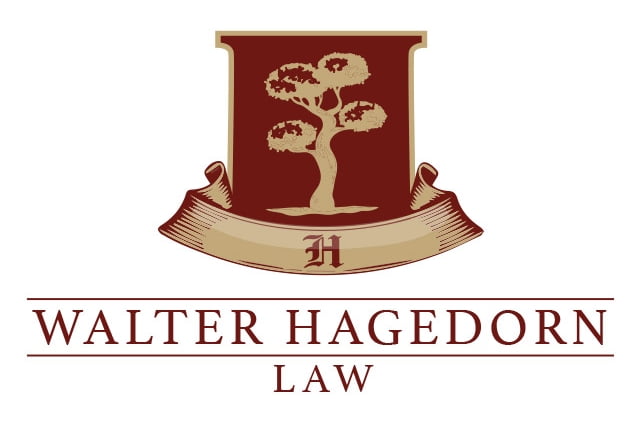Pre-conviction Driver License Suspensions
While the State has the burden to prove beyond a reasonable doubt that you are guilty of an alleged crime, there are some penalties that may be imposed prior to a finding of guilt when a person is accused of operating a vehicle while intoxicated or similar offense in Indiana. Under Indiana’s implied consent law, an individual that operates a motor vehicle on a public highway impliedly consents to submit to chemical test for intoxication when requested to submit to a test by law enforcement. A law enforcement officer must have probable cause to believe the person has committed the offense of operating while intoxicated. After a law enforcement officer has probable cause to believe that an individual is operating a vehicle while intoxicated or engaged in a similar offense, the law enforcement officer is required to offer the person the opportunity to submit to a chemical test. A law enforcement officer is not required to offer a chemical test to an unconscious person. The chemical test must be completed within three (3) hours of the person’s operation of the vehicle.
An individual’s driver license can be suspended for one (1) year without any finding of guilt after a court finds that the person refused a properly offered chemical test and up to two (2) years if the person has at least one previous conviction for operating while intoxicated. If a person refuses to submit to a properly offered chemical test, the arresting officer is required to inform the individual that a refusal will result in the suspension of the individual’s driving privileges.
If a court finds probable cause to believe that you have failed a chemical test that shows your alcohol blood concentration was .08 or more, the Indiana Bureau of Motor Vehicles or an Indiana court with jurisdiction may immediately suspend your driver’s license for up to one hundred eighty (180) days without any finding of guilt.
The length and duration of the suspension due to a refusal or pre-conviction administrative suspension can be terminated early or stayed. A person may also be granted probationary driving privileges under most circumstances.
The lack of public transportation in smaller communities may result in unintended consequences and penalties beyond what Indiana law requires for an operating while intoxicated conviction. Some of the unintended consequences are lost employment, inability to attend doctor appointments, family functions, religion services, and engagements in other normal daily activities. Individuals residing in larger communities with more access to public transportation may also be subject to the unintended consequences and increased transportation costs.



